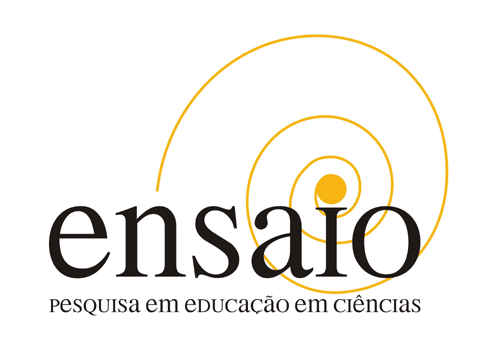In this paper we introduce a new framework and methodology to analyze science classroom discourse and apply it to a university physics education course. Two fields of inquiry were adapted to develop the framework: activity theory and linguistics. From activity theory we applied levels of analysis (activity, actions, and operations) to organize and structure the discourse analysis. From the field of linguistics we used resources from sociolinguistics and textual linguistics to perform analysis at the action and operation levels. Sociolinguistics gave us criteria to introduce contextualization cues into analysis in order to consider ways that participants segmented their classroom conversations. Textual linguistics provided a basis for categories of language organization (e.g, argumentation, explanation, narration, description, injunction, and dialogue). From this analysis, we propose an examination of a teacher's discourse moves, which we labeled Discursive Didactic Procedures (DDPs). Thus, the framework provides a means to situate these DDPs in different types of language organization, examine the roles such DDPs play in events, and consider the relevant didactic goals accomplished. We applied this framework to analyze the emergence and development of an argumentative situation and investigate its specific DDPs and their roles. Finally, we explore possible contributions of the framework to science education research and consider some of its limitations.
Discourse analysis methodology; activity theory; sociolinguistics; textual linguistics.
